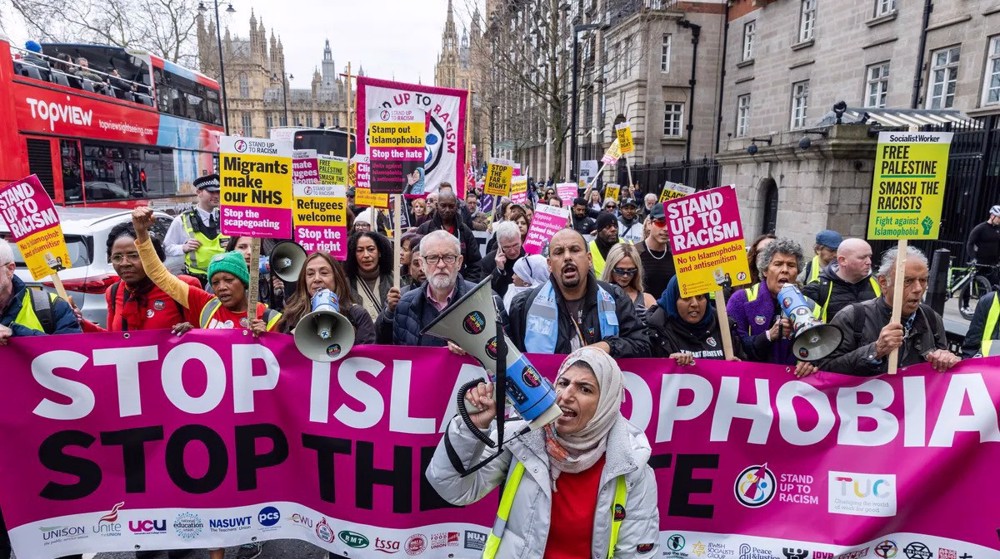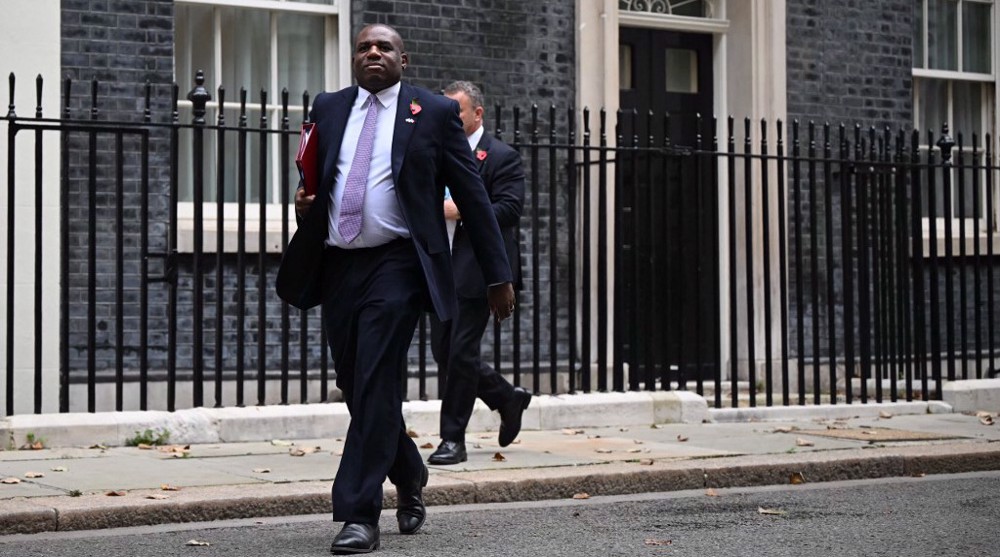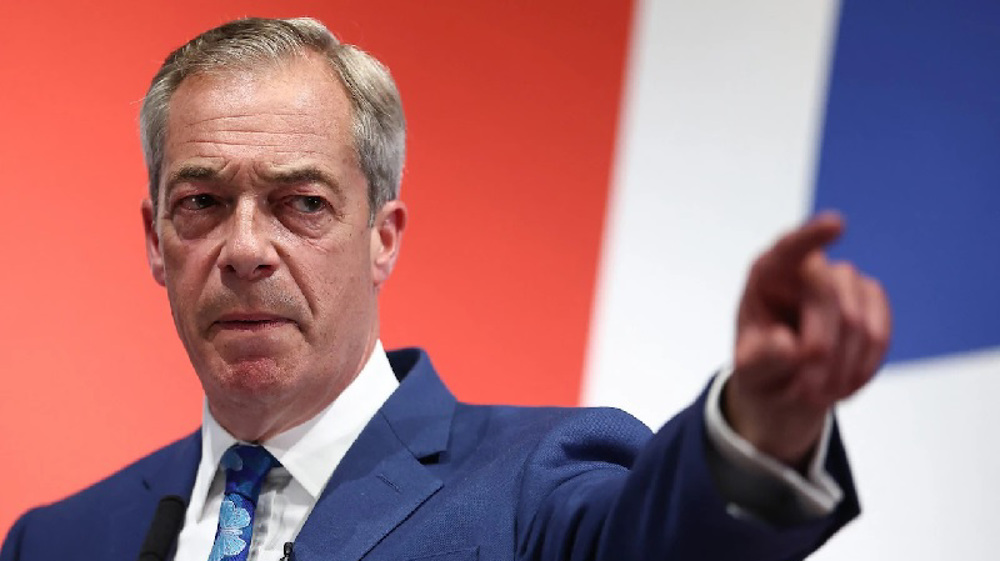Public’s first choice for Prime Minister according to YouGov poll is Sir Keir Starmer
Thirty-four per cent of those polled, , according to a survey by YouGov for The Times, said Sir Keir would be the best prime minister, compared to 32 per cent backing the incumbent, Mr Johnson.
This is the first time since June 2017 that a Labour leader has been the preferred choice for prime minister over the Conservative leader in YouGov’s polling.
In May, separate surveys found Sir Keir was also narrowly ahead on personal approval ratings, at +23 compared to the prime minister’s +22.
Although the public has been suitably impressed by Sir Keir in his first months as Labour leader, he has failed, so far, to transform his personal popularity into backing for the Labour Party.
The Tories are still ahead with respect to who those polled say they would vote for should a general election be called with 42 per cent of respondents backing Tory, compared to 36 per cent supporting Labour.
This one percentage point increase for Labour is a huge surge compared to the situation after December’s general election.
In January, shortly before Britain finally legally left the European Union and while Jeremy Corbyn was still Labour leader, the Conservatives had a 20-point lead in YouGov polls. This lead reached 24 points at the peak of the coronavirus pandemic in April just days before Sir Keir became leader of the opposition.
The initial popularity of the government has been plummeting ever since it emerged Mr Johnson’s chief advisor Dominic Cummings had broken lockdown rules by driving from London to stay with family near Durham.
‘I’m not going to take lectures from the prime minister on national security’ says Keir Starmer.
Daisy Fancourt, from University College London, said polling data showed public confidence in the government dropped drastically in the days after the Cummings scandal broke.
“What stood out about Cummings was that there was justification, and no regret,” she told The Times. “It looks like it damaged confidence in government. These events do not get forgotten by the public.”
Although Mr Cummings was cleared after a brief investigation by Durham Constabulary, two of the four people who claim they saw him during a second visit up north have now complained to the police watchdog, claiming detectives did not properly explore if the Downing Street aide had broken the law.
VIDEO | Iran eases the rules for exporting hand-woven carpets
VIDEO | Intl. Day for the Elimination of Violence against Women: A stark reminder of Gaza women
Australia denies ex-Israeli minister Shaked visa
VIDEO | 85% of Yemeni displaced people face daily hunger crisis
US House passes bill targeting charities and pro-Palestine groups
VIDEO | Supporting Gaza genocide
Hezbollah attacks Israeli forces after Lebanese homes blown up
World leaders, states hail ICC arrest warrants for Netanyahu, Gallant










 This makes it easy to access the Press TV website
This makes it easy to access the Press TV website